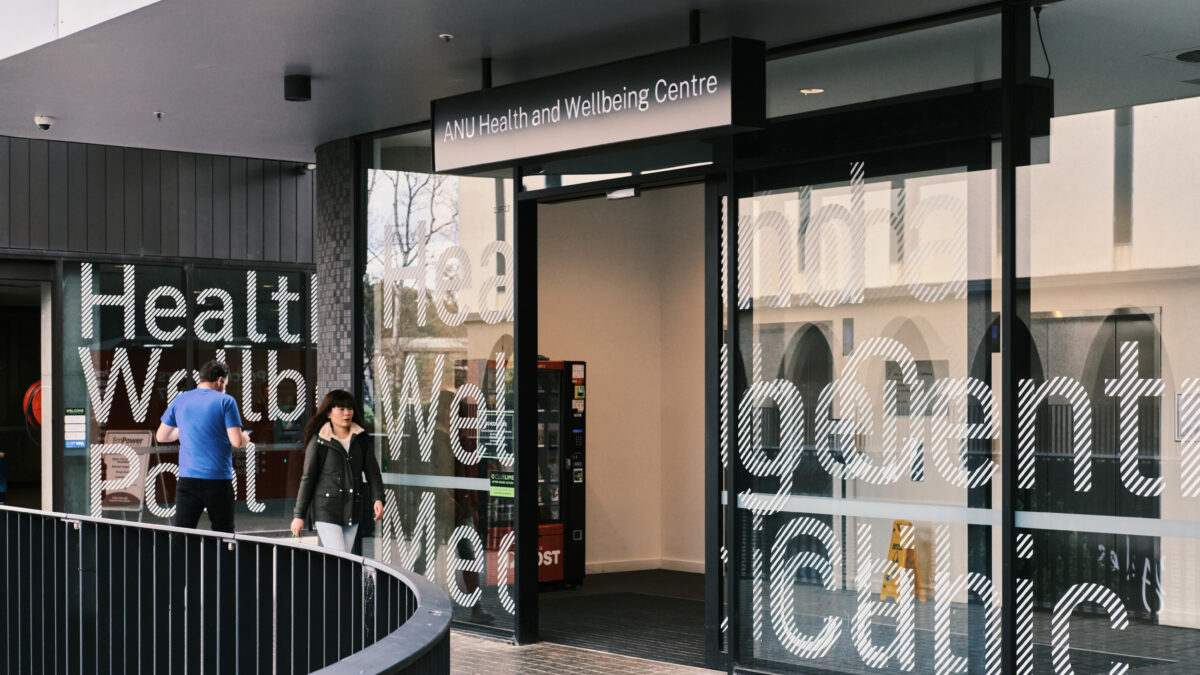In 2023, the ANU introduced the new Rights, Relationships and Respect (RRR) consent program. The new program aims to increase awareness surrounding sexual assault and sexual harassment (SASH), educate on the values and expectations of healthy relationships, and increase awareness of available support services.
The RRR consent program consists of three streams. Stream one is an online module available to all new students before they commence study at the ANU. Stream two is an online module and a one hour work-shop, mandatory for all new students at residential accommodation at the ANU. Stream three is three two hour peer-led workshops to progress conversations started post completion of the module. Stream three currently only runs at three residential colleges, John XXIII College, Ursula , and Burton and Garran Halls.
The introduction of the RRR program has occurred as part of the ANU’s Student Safety and Wellbeing Plan which aims to take “progressive steps” to meet the recommendations found within a number of reports including the:
- Australian Human Rights Commission’s Change the Course Report (2017)
- Nous Group Review of Responses to Sexual Assult and Sexual Harassment in ANU Residences (2018)
- ANU Sexual Violence Prevention Strategy (SVPS) (2019)
These reports outline key areas of concern both within the ANU and the wider University sector in relation to SASH. The Student Safety and Wellbeing Plan doesn’t respond to the results found within the 2021 National Student Safety Survey , but expresses “support” for the survey. This survey found that the ANU had the the highest and second highest rate of sexual harassment and assault respectively, of any Australian University.
The ANU’S Respectful Relationships Unit (RRU) and the Student Safety and Wellbeing Team (SSWT) created the RRR program to replace the Consent Matters Module. The RRU is the ANU’s specialist unit against gender based violence, and the SSWT have been trained in trauma informed disclosures.
The ANUSA Womens* Officer Phoebe Denham thinks that the new RRR module is superior to the previous Consent Matters program due to its ability to be far more specific to the ANU and cover broader concepts around respect. However, Denham claims that improvements can still be made and that they would: “like to see external support and crisis services more clearly promoted, improved content warnings, and a clearer delineation between reporting and disclosing options.”
When asked whether the ANU believes its new consent module can address rape culture, or more broadly create the culture change required to address SASH, an ANU spokesperson replied that,
“… online modules alone can’t address the cultural and organisational drivers of sexual assault and sexual harassment. RRR online aims to increase awareness, communicate support pathways and introduce learners to the key themes and concepts related to consent and healthy relationships… ANU understands that prevention takes a more sustained and holistic approach and is not expecting to change behaviour and culture with this intervention alone.”
The ANU has claimed however, that they expect their pilot streams, particularly stream 3, to have a greater impact in shifting “Some of the attitudes and beliefs that contribute to cultures of sexual harm.”
Students have given mixed feedback on the RRR program. Many prefer the new program over Consent Matters, and the data collected by the RRR itself indicates that students found the course to be valuable, and could see a correlation between the learning outcomes and the course. Additionally, a key objective of the Womens* Department “Follow Through ANU” report was greater awareness of support programs and avenues, which the RRR promotes.
However, other students in the pilot programs reported being confused by language used in the in-person components which included “sexual citizenship” or “sexual project”. Others felt that facilitators did not sufficiently answer the questions around consent that students raised. There were also concerns about the opt-out option which, in mandatory college settings, may expose the identities of those hoping to opt out. More still are frustrated that the RRR program did not consult more with student bodies including the ANUSA Womens* Department. Finally, a number of students expressed annoyance that the program isn’t compulsory for students not living on campus, and that the education seems to stop after the first year.
More broadly, discussions around the issue of consent and consent education continue at the national level. Key SASH activists such as Grace Tame have claimed that,
“This frankly pathetic notion that ‘no means no’ is predicated on the false premise that during abuse, a victim has control and boundaries that are respected. ‘No means no’ is a prime example of victim-blaming, system and community failure, that puts the onus on people subjected to trauma to come up with the correct response in the midst of an adrenalised experience. At what point is it going to land squarely in our collective conscience that abuse is abuse?”
Along the same lines, University of Sydney student newspaper Honi Soit claimed in their review of the Consent Matters module that much of the consent content,
“…assumes that all sexual assaults occur due to misinterpretation of consent being given or vitiated. This is true in some circumstances, but certainly not many — sexual violence is often driven by a masculine desire for power and domination, with the tangible knowledge of a lack of consent in mind.”
Both of these perspectives may indicate that consent is but one aspect of a conversation surrounding rape culture and the drivers of SASH. As the ANU acknowledges, their Consent Module alone is not enough to create cultural change, other changes and consultation outside of education will be just as, if not more, important.
We acknowledge the Ngunnawal and Ngambri people, who are the Traditional Custodians of the land on which Woroni, Woroni Radio and Woroni TV are created, edited, published, printed and distributed. We pay our respects to Elders past and present. We acknowledge that the name Woroni was taken from the Wadi Wadi Nation without permission, and we are striving to do better for future reconciliation.
